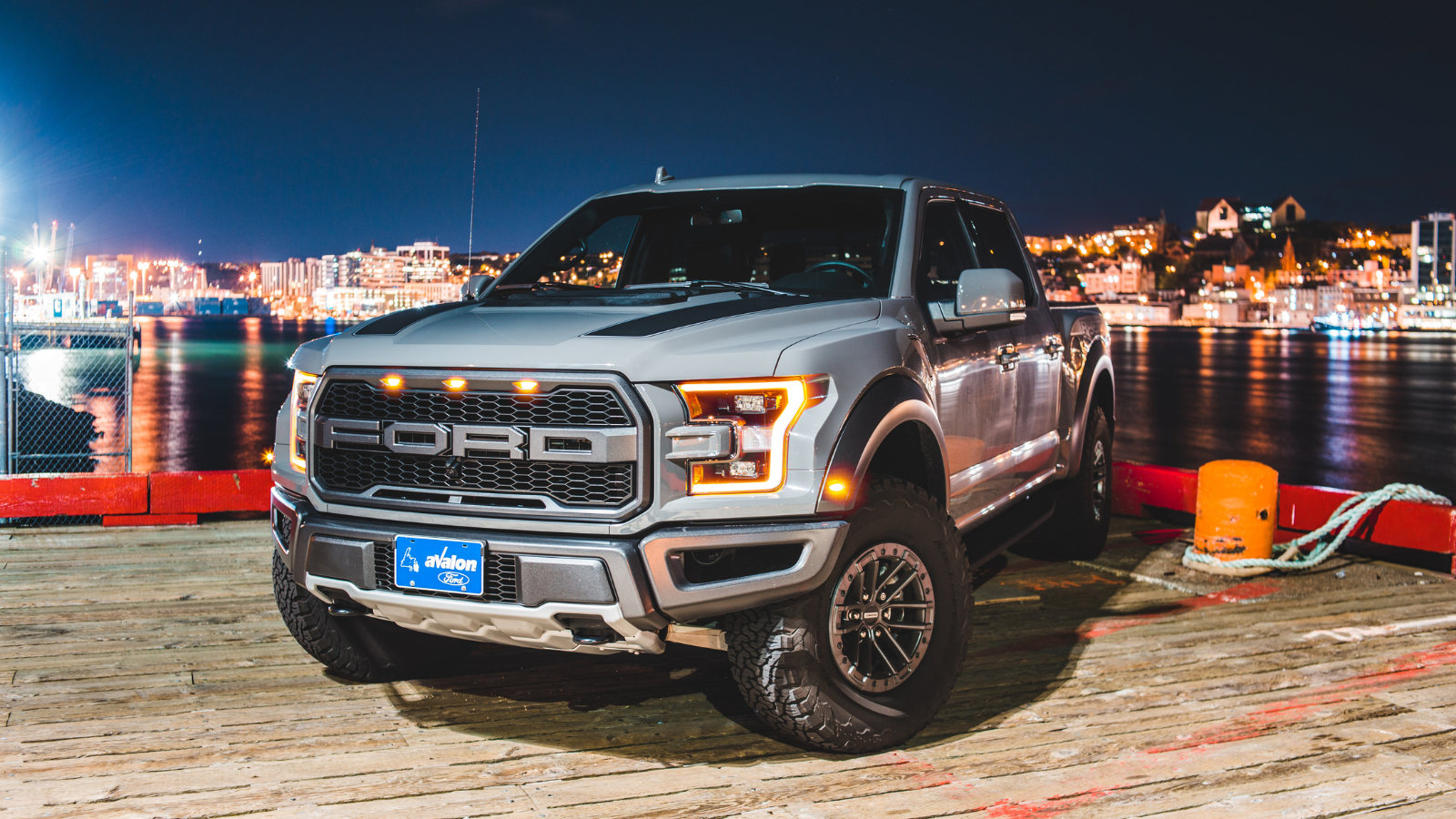Cruise Robotaxi Testing Set to Resume in Texas Cities
General Motors Co.'s autonomous driving unit, Cruise, is gearing up to restart robotaxi testing in the next few weeks, eyeing potential locations like Houston and Dallas. After grounding its fleet last year due to safety concerns, Cruise is in discussions with various metro areas, including the two Texas cities, to resume tests with safety drivers. The company faced setbacks after an incident in San Francisco led to regulatory scrutiny and management changes.
Cruise is now prioritizing rebuilding trust with regulators and the public, focusing on Texas for its more permissive regulations. While Houston appears to be a front-runner for testing, Cruise is carefully navigating regulatory approval before making a final decision. The company is also addressing past mistakes, emphasizing transparency and better communication between safety drivers and engineers. However, Cruise's ambitious growth plans, including revenue targets set under former leadership, now face uncertainty amidst its hiatus and the slowdown in electric vehicle sales growth.
Read more about this at TT News >
WHY IS THIS IMPORTANT?
So, General Motors' Cruise unit is getting back into testing those robotaxi rides. That's a big deal because it shows we're still making moves in self-driving tech. Imagine if this tech keeps evolving – we could have self-driving trucks cruising around, changing how we do things in transportation and logistics. Cruise is chatting up officials in different cities about their self-driving plans. This tells us that getting the green light from regulators is a big deal for rolling out these fancy autonomous rides. Knowing what's up with regulations helps us navigate any changes in the laws that might affect how we do our jobs.
Cruise is trying hard to rebuild trust after some safety concerns. It's a reminder that safety is a big deal in the world of self-driving vehicles. If people don't feel safe with these autonomous rides, they won't catch on. So, making sure these rides are safe and reliable is key for us all.
🔥 OUR HOT TAKE?
While General Motors' Cruise unit's return to robotaxi testing may seem like progress in self-driving technology, it raises significant concerns. The rush to push autonomous vehicles onto public roads without fully addressing safety issues could be considered reckless. The recent incidents involving autonomous vehicles, including Cruise, highlight the dangers of prioritizing innovation over safety.
Trust cannot be rebuilt overnight, especially when lives are at stake. Instead of rushing to roll out self-driving tech, perhaps we should prioritize thorough safety evaluations and transparent communication with the public.
Otherwise, we risk putting lives in danger for the sake of technological advancement.
General Motors Co.'s autonomous driving unit, Cruise, is gearing up to restart robotaxi testing in the next few weeks, eyeing potential locations like Houston and Dallas.
General Motors is suing San Francisco, alleging that the city improperly overcharged the company by more than $100 million in taxes over seven years, based on calculations that included its self-driving car subsidiary, Cruise.
General Motors (GM) is laying off 1,314 workers at two Michigan plants, including one that produced the discontinued Chevy Bolt EV.
Tesla, GM, and other companies will use the Climate TRACE database from Al Gore's climate coalition, utilizing satellites and machine learning to monitor global greenhouse gas emissions.
Workers at Ford, Stellantis, and General Motors are reviewing the new contracts proposed by their union and the Big Three automakers.
General Motors (GM) and the United Auto Workers (UAW) have reached a tentative agreement, ending a six-week-long coordinated strike against the Detroit Three automakers.
In a significant escalation of the ongoing strike, the United Auto Workers (UAW) union called 5,000 members at General Motors' Arlington Assembly plant in Texas to walk off the job.
General Motors (GM) has increased its offer to striking auto workers, matching Ford's proposed 23% wage hike and benefit improvements.
The United Auto Workers (UAW) union has announced that General Motors (GM) has agreed to include the company's battery plant workers in the union's national contract, marking a significant development in the ongoing strike against major automakers.
General Motors (GM) has laid off more employees due to the ongoing United Auto Workers (UAW) strike, bringing the total number of furloughed workers related to the strike to over 2,100.
The United Auto Workers (UAW) is expanding its strikes to 38 parts and distribution locations across 20 states, targeting General Motors and Stellantis.
General Motors (GM) President Mark Reuss has criticized the United Auto Workers (UAW) union for its rhetoric and the spread of "misinformation" during ongoing contract negotiations, as the UAW enters day six of targeted strikes against Detroit automakers.
General Motors CEO Mary Barra attributed the slow ramp-up of the company's new electric vehicles to a supplier of automation equipment.
The top 10 largest automotive manufacturing supply chains include Volkswagen, Toyota, NRM Alliance (Nissan-Renault-Mitsubishi), General Motors (GM), Honda, Ford, Hyundai, Stellantis, BMW, and Mercedes-Benz.
General Motors (GM) has revealed its plan to invest $632 million in an Indiana plant for the production of the next generation of full-size pickup trucks.
General Motors (GM) has announced that its electric vehicles (EVs) will be able to use Tesla's extensive charging network starting in early 2024.
When someone thinks of EVs, they almost automatically think of Tesla, which many other EV companies are trying to change.
US automaker GM is reporting declining operations and joint ventures in the country across the Pacific Ocean, sitting at approximately 67% less than numbers relayed in 2014-2015.
In January, GM CEO Mary Barra told analysts that the company wasn’t planning for any layoffs. Seems that things have quickly changed!
This partnership will expand the automaker’s growing electric vehicle supply chain network with an exclusive contract.
General Motors executives are stating that the company will be unable significantly increase its EV production until its US battery cell production plants are finished construction.
General Motors is investing a whopping $650M into Canada-based Lithium Americas and creating a partnership to develop the Thacker Pass mine in Nevada.
General Motors Co. has stated they still have plans to build another battery plant state-side, however, that the company has not specified if LG Energy Solutions will be partnering on the project.
While both automakers had double-digit increases in Q4 American sales, GM’s grew by 3% and rounded out at a solid 2.3 million units sold.
Cruise is a self-driving vehicle company that was acquired by General Motors (GM) in 2016. The company is developing a fleet of autonomous vehicles, known as "Cruise Robotaxis," which are designed to provide on-demand, driverless transportation services to the public.
United States safety regulators at The National Highway Traffic Safety Administration (NHTSA) are launching a formal probe into the automaker’s autonomous driving system in its self-driving vehicle, Cruise.
The two American automakers are squaring off for the country’s EV market and have announced plans for nationwide charging networks for their vehicles.
Per their agreement, GM will be funneling $69 million into the mineral company to source the highly-valued battery materials needed to create batteries for electric vehicles.
General Motors Co. and Ford Motor Co. are working overtime to secure deals for key materials needed to develop batteries for electric cars.






























The recent woes faced by America's leading automakers - Ford, General Motors, and Stellantis - have gone largely unnoticed amidst their impressive profits.